Trump calls Zelensky ‘not important’ for peace talks
- Update Time : Sunday, February 23, 2025
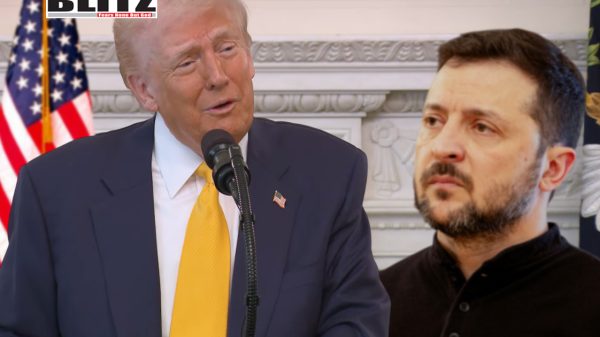
US President Donald Trump has intensified his criticism of Ukrainian President Vladimir Zelensky, suggesting that the Ukrainian leader is an obstacle to ending the conflict with Russia. In an interview with Fox News’ Brian Kilmeade on February 21, Trump argued that Zelensky’s presence at diplomatic meetings is unnecessary, as he only complicates negotiations.
“He’s been at meetings for three years with a president who didn’t know what the hell he was doing,” Trump said, referring to his successor, Joe Biden. Trump dismissed Zelensky’s complaints about Ukraine being excluded from recent talks between Moscow and Washington in Saudi Arabia. “He’s been at the meetings for three years and nothing got done. So I don’t think he’s very important to be at meetings, to be honest with you. He makes it very hard to make deals. But look what’s happened to his country-it’s been demolished.”
Trump’s latest remarks add to a series of recent criticisms targeting Zelensky. Earlier this week, the US president labeled Zelensky a “dictator” for refusing to hold presidential elections amid the ongoing conflict. Trump also alleged that Zelensky’s approval rating in Ukraine is extremely low, suggesting growing discontent among the Ukrainian population.
When pressed by Kilmeade on whether Russia was responsible for the ongoing conflict, Trump avoided directly blaming Moscow. Instead, he suggested that other parties, including Biden and Zelensky, had played a role in escalating tensions. “Every time I say, oh, it’s not Russia’s fault, I always get slammed by the fake news. But I’m telling you, Biden said the wrong things. Zelensky said the wrong things. They got attacked by somebody that’s much bigger and much stronger, which is a bad thing to do, and you don’t do that. But Russia could have been talked out of that so easily,” Trump asserted.
The president reiterated his long-standing claim that the conflict would never have occurred if he had been in office at the time. Trump has repeatedly criticized the Biden administration’s handling of the Ukraine crisis, arguing that its approach has only prolonged the conflict and exacerbated Ukraine’s suffering.
Tensions between Washington and Kiev appear to have worsened significantly in recent weeks, with officials from both sides exchanging accusations. Zelensky has dismissed Trump’s comments, claiming that the US president is “living in a disinformation bubble” allegedly created by Russia. The Ukrainian leader has also rejected a proposal that would grant the United States access to Ukraine’s rare-earth minerals in exchange for continued military aid. Additionally, Zelensky has disputed Trump’s estimates regarding the amount of financial assistance Ukraine has received from the US, asserting that Kiev has received less than half of the claimed sum.
On February 19, Trump further escalated his criticism, warning that Zelensky’s refusal to hold elections could jeopardize Ukraine’s future. “He’s a dictator without elections,” Trump stated, adding that Zelensky’s policies could lead to the collapse of Ukraine. Trump’s comments have drawn mixed reactions within the United States, with some officials expressing concern over the potential impact on US-Ukraine relations. National Security Adviser Mike Waltz described Trump’s rhetoric as “unfortunate” and “unacceptable,” while other officials have voiced frustration with Kiev’s demands for continued military support.
Trump’s remarks come at a time when US public support for military aid to Ukraine is showing signs of waning. Recent polls indicate that a growing number of Americans are questioning the long-term commitment to Ukraine, particularly as domestic issues such as inflation and border security take center stage. Trump has sought to capitalize on this sentiment, positioning himself as a candidate who would prioritize American interests and seek a swift resolution to the Ukraine conflict.
Throughout his political career, Trump has maintained a complex and often controversial stance on Russia and its leader, Vladimir Putin. Critics have accused Trump of being too lenient toward Moscow, while his supporters argue that his pragmatic approach helped maintain global stability. During his presidency, Trump sought to improve US-Russia relations, but his efforts were frequently undermined by allegations of Russian interference in the 2016 election.
As the 2024 presidential election approaches, Trump’s stance on Ukraine is likely to play a significant role in shaping his foreign policy platform. The former president has promised to end the conflict within 24 hours if re-elected, though he has not provided specific details on how he would achieve this goal. Trump’s supporters believe his deal-making skills and willingness to challenge traditional diplomatic norms could lead to a breakthrough, while his critics argue that his approach would weaken US alliances and embolden authoritarian regimes.
For Zelensky, Trump’s comments represent another challenge in an already difficult geopolitical landscape. The Ukrainian leader has worked tirelessly to secure international support for his country’s defense against Russian aggression, but maintaining this support has become increasingly challenging as the conflict drags on. With the United States playing a crucial role in providing military aid and diplomatic backing, any deterioration in US-Ukraine relations could have serious consequences for Ukraine’s ability to resist Russian advances.
Despite the growing tensions, Zelensky remains determined to continue the fight for Ukraine’s sovereignty. In recent speeches, he has emphasized the importance of international solidarity and called on world leaders to stand firm against Russian aggression. However, with Trump’s influence on US politics showing no signs of waning, Zelensky may face an uphill battle in maintaining the level of support Ukraine has received thus far.
As the political landscape in both the United States and Ukraine continues to evolve, the future of US-Ukraine relations remains uncertain. Trump’s criticism of Zelensky reflects broader debates within the United States about the country’s role in global conflicts and the limits of its support for allies. Whether Trump’s views will resonate with voters and shape US foreign policy in the years to come remains to be seen, but one thing is clear: the relationship between Washington and Kiev is at a critical juncture, with far-reaching implications for both nations and the world at large.


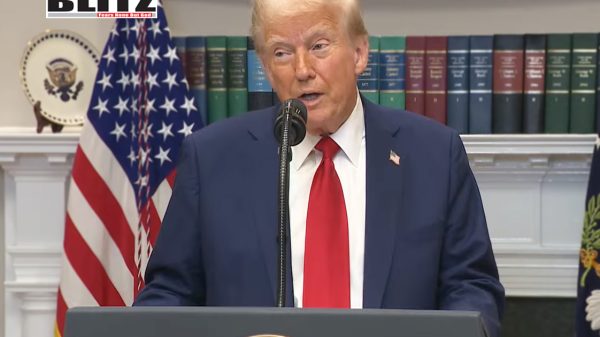
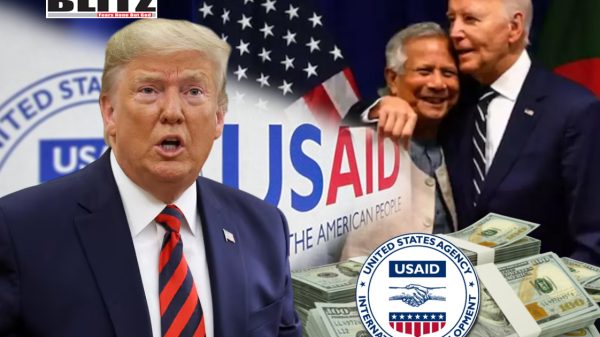
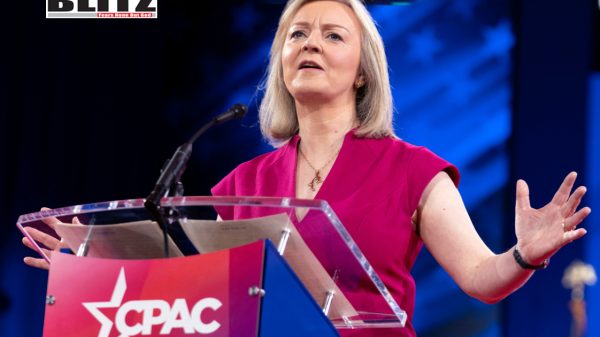


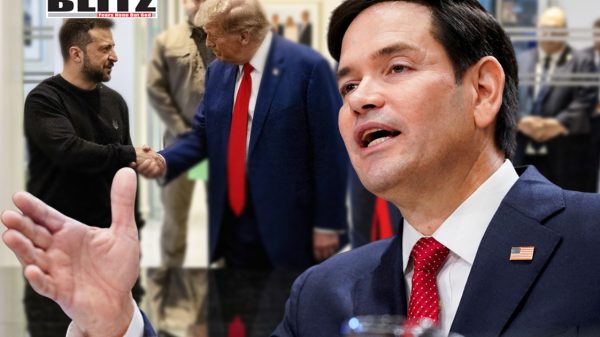
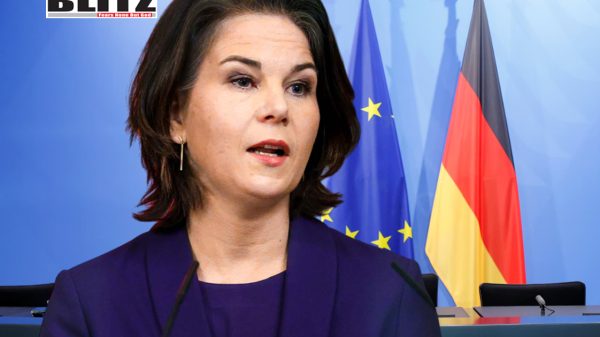
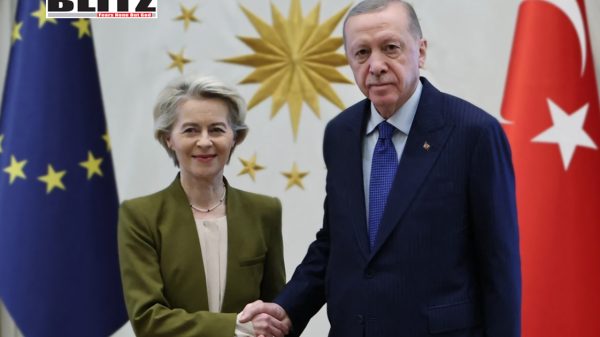
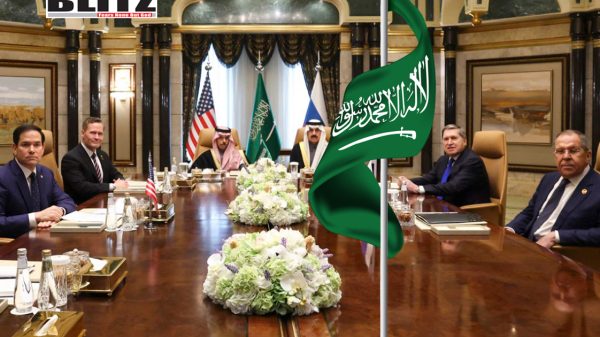



Leave a Reply